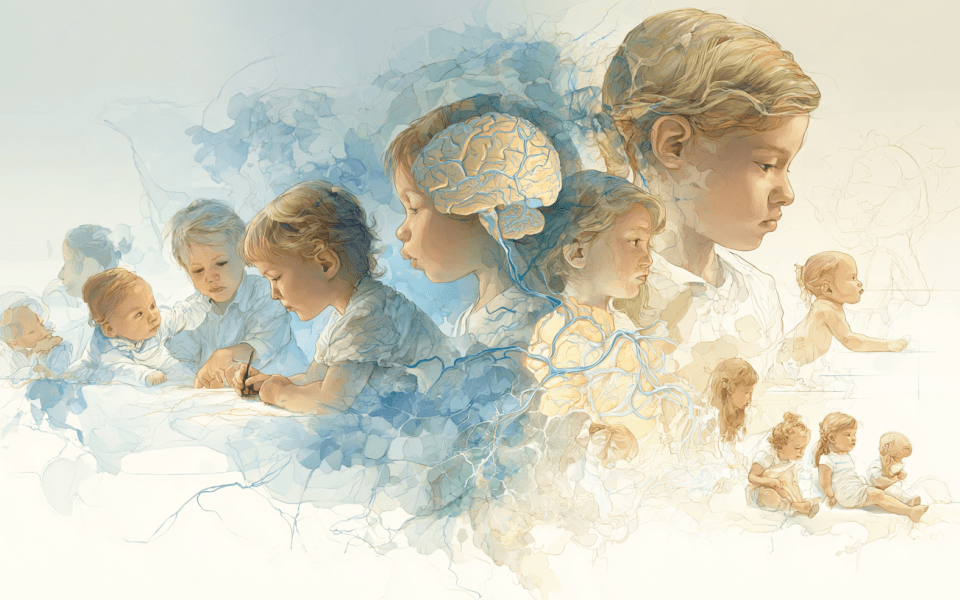Decision-making by depressed and non-depressed persons
The project aims to better understand how the human brain uses and codes assumptions and expectations about the outside world based on previous experiences while making decisions. The study compares decision-making in depressed and non-depressed persons.
The researchers in the project use Bayesian decision theory, which is about how to make optimal decisions in an uncertain and changing world given all available information. In this theory, one's beliefs and expectations, something called “priors”, play a central role. Priors helps us to understand the world around us based on our previous experiences and allows us without actual evidence to draw conclusions and make decisions when something is uncertain.
Our assumptions about the world around us and ourselves are also affected by emotions and feelings. Non-depressed individuals tend to have a positive outlook on themselves, have an excessive sense of control and may be unrealistically optimistic, while these biases are attentuated in depressed individuals. In fact, deviant beliefs about oneself or the outside world probably plays an important role in depression. Despite this, there are no previous studies examining how this affects decision-making in individuals expressing depressive symptoms. There is also no direct evidence yet that these prior beliefs are represented in the brain.
The researchers in the project therefore want to carry out two experiments. First, they will quantify prior beliefs about the outside world that influence decision-making in non-depressed persons. To map the coding in the brain for these prior beliefs, they will use fMRI and multivariate pattern analysis to identify the brain regions where these priors are represented. In the second experiment, they will do the same but with depressed subjects to study the relationship between prior beliefs and depressive symptoms as well as clinical outcomes.
Bayesian methods lead to a natural approach to prediction and decision-making under uncertainty, which has also made them popular in machine learning and artificial intelligence.
Project:
“Quantifying prior beliefs for affective decision making and their relation to symptoms of depression”
Principal investigator:
Marc Guitart Masip
Co-investigators:
Benjamin Garzon
Johan Lundberg
Institution:
Karolinska Institutet
Grant:
SEK 6 million



